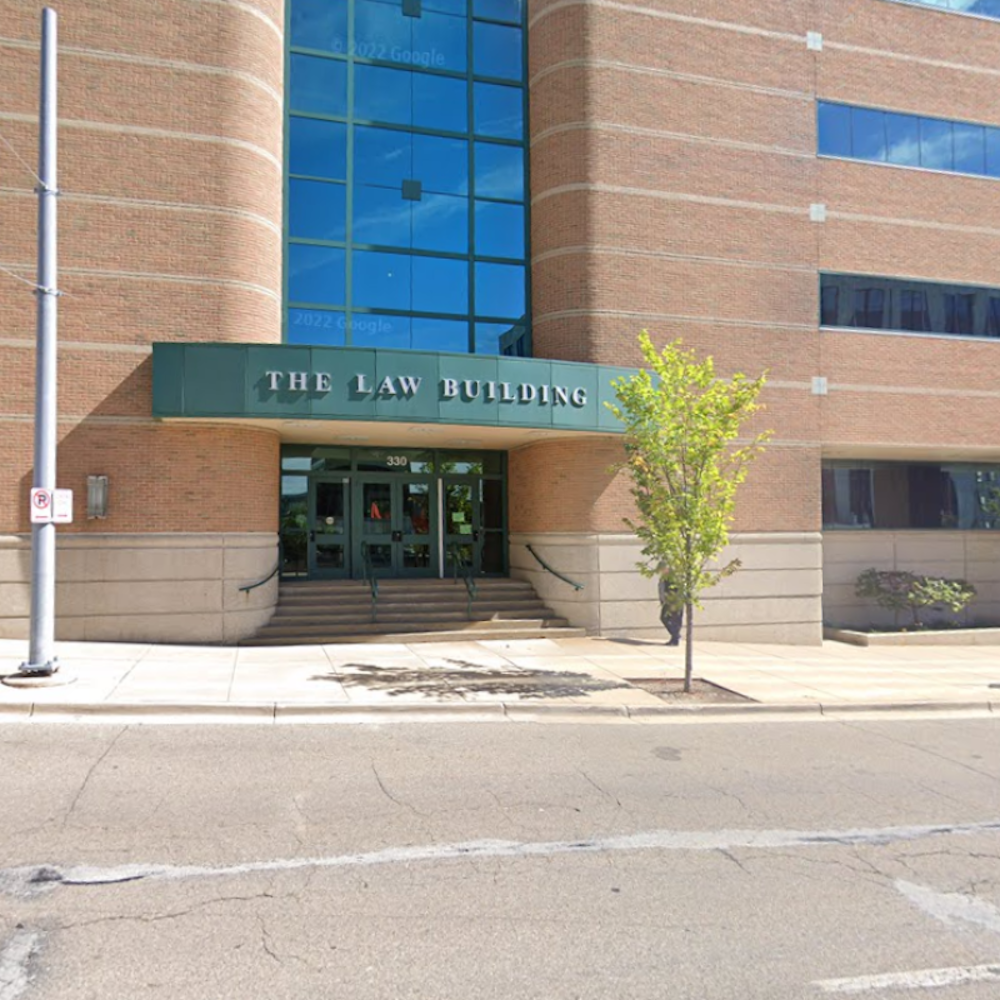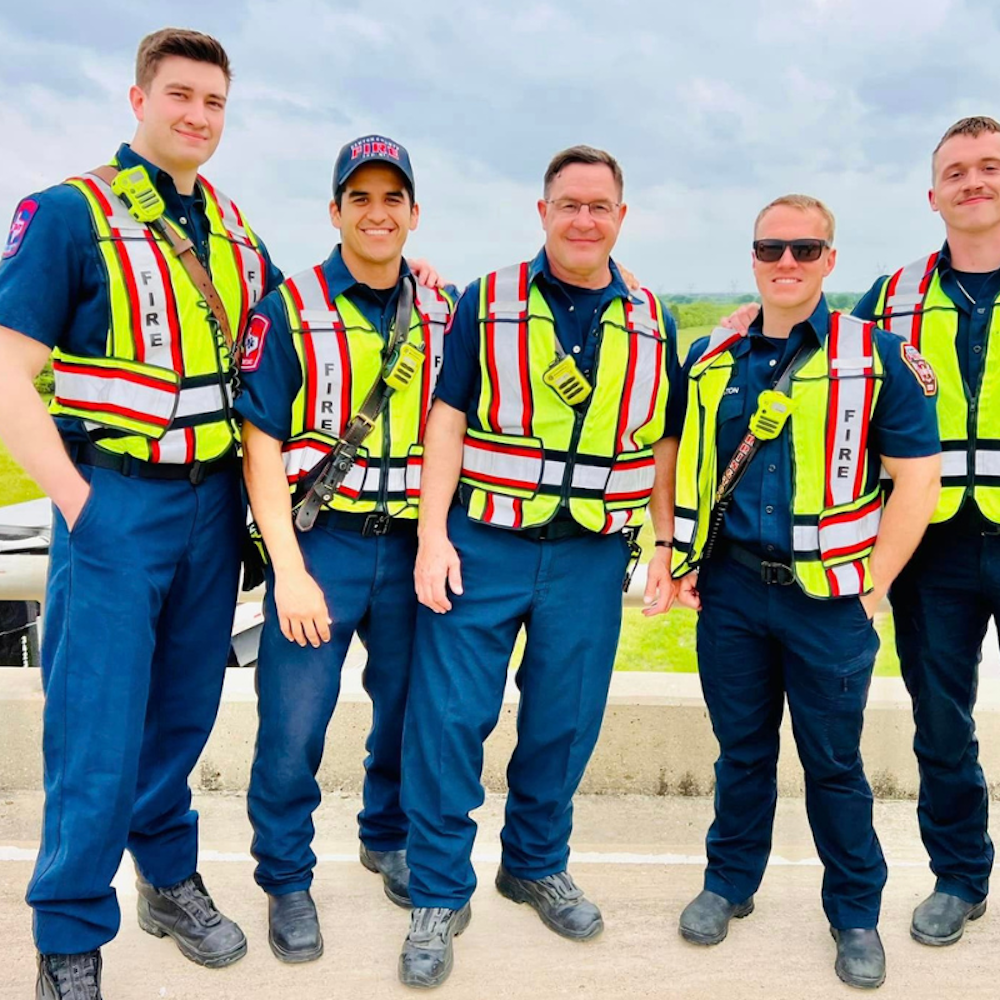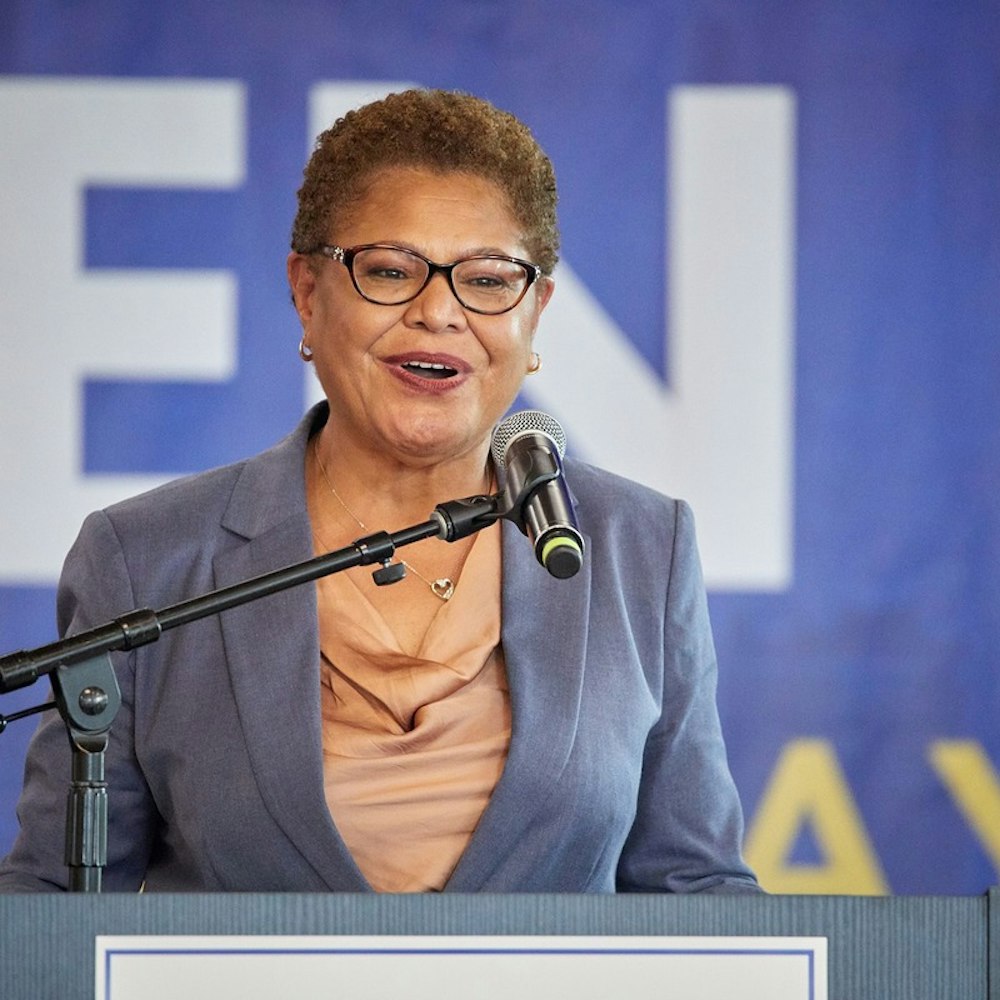
The opioid crisis, a grave threat to public health in the U.S., continues to devastate communities far and wide with a rampant surge in overdoses sweeping the nation, including South Texas, where two organizations have united forces confronting this grim tide. The Center for Health Care Services (CHCS) along with Be Well Texas' office-based opioid treatment services (OBOT) are providing front-line aid to stem a local increase in opioid-related emergencies, an assault on the region's well-being that shows no respect for geographic bounds.
In the throes of what Dr. Jennifer Potter, the Executive Director of Be Well Texas, describes as "the fourth wave of the opioid epidemic", a malignant wave rife with stimulants like methamphetamine alongside opioids - avenues for deaths are diversifying, according to a KENS5 interview. Corroborating the dire situation, Dr. Christopher Healey, the Medical Director of CHCS, pointed out the alarming trend of suspected overdose deaths doubling in 2020 and 2021 compared to pre-pandemic years, signaling an urgent call for community awareness and intervention.
Nationally, Texas boasts the lowest reported rates of illicit drug use in adults over 18, a 9% figure from a Substance Abuse and Mental Health Services Administration drug use survey by Curednation.com, yet due to its large population, this translates to two million Texans at risk, explained by Potter in an interview with KENS5. Facing these staggering numbers, Healey advises reaching out to those struggling with substance abuse with a circle of support and immediate resources to facilitate access to help.
Parallel efforts have been mobilized by the CDC, with the Division of Overdose Prevention spearheaded by Dr. Grant Baldwin, pouring resources and expertise into communities beleaguered by this crisis, as detailed in an article by the CDC Foundation. Baldwin emphasizes a broad-based approach, one that leverages every overdose as a critical intervention point also asserts that a collaborative ethos among health practitioners, law enforcement, and local agencies ensuring continuity of care, thus knitting a safety net for those ensnared in the clutches of addiction.
Embracing this comprehensive strategy, the CDC has allocated technical assistance and funding to 48 states and D.C. through Crisis Cooperative Agreements, helping to establish a firm foundation for prevention measures and enhance treatment options for long-term recovery. This multi-faceted battle against opioids – from street-level strategies to high-level policy shaping – hinges on shared accountability, a sentiment echoed by Baldwin who stated, "We can all do more, especially working together," signifying a unified front in the face of an enemy that is indiscriminate, relentless, and that dismantles lives across socioeconomic, racial, and geographic lines.









